AI for Mental Health: Chatbots as Your Everyday Companions 🧠💬
AI for Mental Health: Chatbots as Your Everyday Companions 🧠💬
Is there a heaviness in your chest, or anxiety crawling onto your skin? You seem sad all of a sudden. You are truly not alone. Quite literally, millions of people everywhere do this, and now, thanks to AI, new ways of soothing our minds are under investigation. Among chatbots exploring this advanced duty stand Woebot and Wysa, potential virtual staff officers for mental health at any hour in the day.
What is the infrastructure of these chatbots?
Imagine having a personal therapist at your beck and call, literally, day and night. Such is the intention when these chatbots are applied for use in mental health. The higher-end versions of these 'bots' employ complex algorithms that not only enable them to grasp what the immediate needs of the user are but, indeed, grasp the very underlying thought and behavior patterns that constitute the user's profile in mental health.
AI therapy bots have several advantages.
While the time taken by human therapists restricts traditional therapy, they are available at any time. To many, mental health service availability is thin, and the 24/7 availability of a virtual therapist is a Godsend. Of course, if virtual therapy-already far less expensive than human therapy-were further reduced in price and still offered the clear advantage of being able to schedule appointments at any hour, then it is not that difficult to envision how virtual therapists soon may be outperforming even human mental health professionals in the number of those who elect to "see" them.
Most of the time, users' experiences with such chatbots have been good. For instance, a young professional shared how anxiety made her life difficult yet led her to find an "assistant friend" in Woebot. She shared that "it"-the chatbot-"helped" her with "practically more than" any human therapist she had ever been to in the past.
Where AI in Mental Health is Going
With the evolution of AI, even more complex and capable chatbots will emerge for the mental health space. These virtual companions could, over some time, assume a very substantial component of the global mental health system in providing some real-time support that is affordable and accessible to people in distress.
While AI chatbots assist in many ways, they absolutely cannot replace any professional therapy. Those with severe mental disorders should seek help from a professional.
In other words, AI chatbots like Woebot and Wysa are an exciting, new, and possibly quite formidable innovation in the delivery of mental health. They let people engage in a mental health "professional" in an easy and low-stakes way; and by doing that, they can help users who are not quite ready to see a real-life clinician yet improve their mental health.


.jpg)
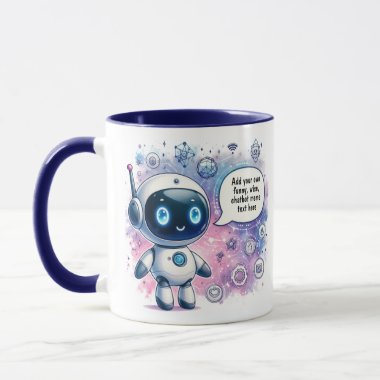 Create Talking Chatbot Memes Cartoon Templates Mug
Create Talking Chatbot Memes Cartoon Templates Mug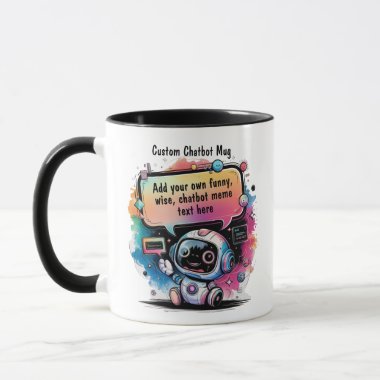 Create Talking Chatbot Memes Cartoon Templates Mug
Create Talking Chatbot Memes Cartoon Templates Mug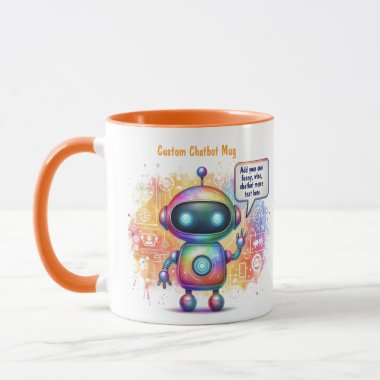 Create Talking Chatbot Memes Cartoon Templates Mug
Create Talking Chatbot Memes Cartoon Templates Mug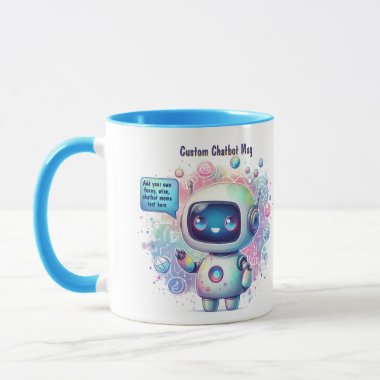 Create Talking Chatbot Memes Cartoon Templates Mug
Create Talking Chatbot Memes Cartoon Templates Mug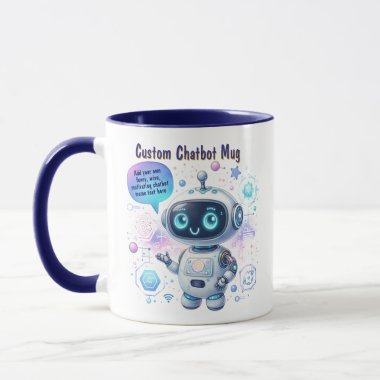 Create Talking Chatbot Memes Cartoon Templates Mug
Create Talking Chatbot Memes Cartoon Templates Mug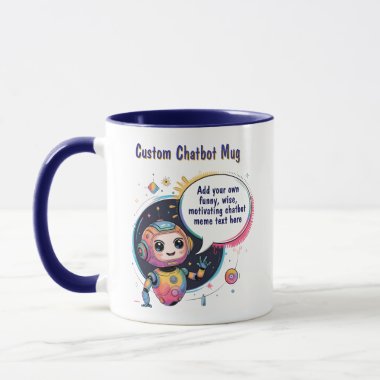 Create Talking Chatbot Memes Cartoon Templates Mug
Create Talking Chatbot Memes Cartoon Templates Mug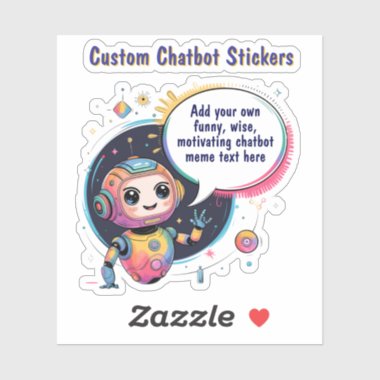 Create Talking Chatbot Memes Cartoon Templates Sticker
Create Talking Chatbot Memes Cartoon Templates Sticker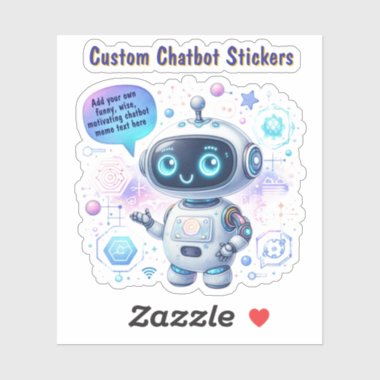 Create Talking Chatbot Memes Cartoon Templates Sticker
Create Talking Chatbot Memes Cartoon Templates Sticker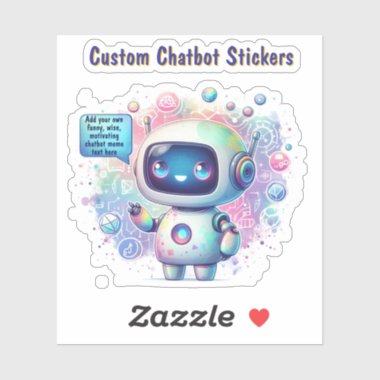 Create Talking Chatbot Memes Cartoon Templates Sticker
Create Talking Chatbot Memes Cartoon Templates Sticker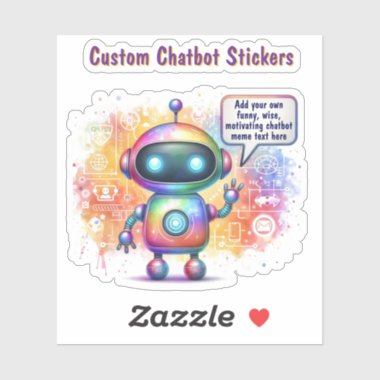 Create Talking Chatbot Memes Cartoon Templates Sticker
Create Talking Chatbot Memes Cartoon Templates Sticker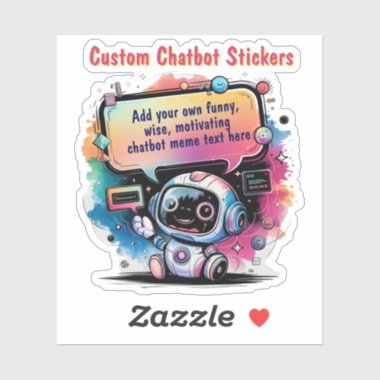 Create Talking Chatbot Memes Cartoon Templates Sticker
Create Talking Chatbot Memes Cartoon Templates Sticker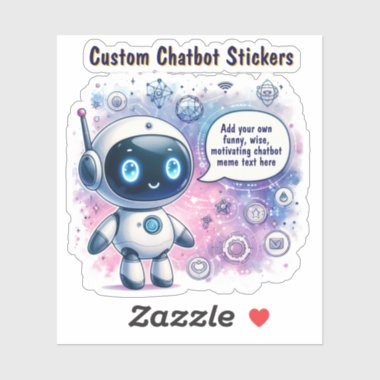 Create Talking Chatbot Memes Cartoon Templates Sticker
Create Talking Chatbot Memes Cartoon Templates Sticker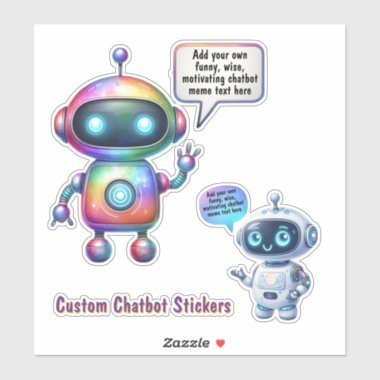 Create Talking Chatbot Memes Cartoon Templates Sticker
Create Talking Chatbot Memes Cartoon Templates Sticker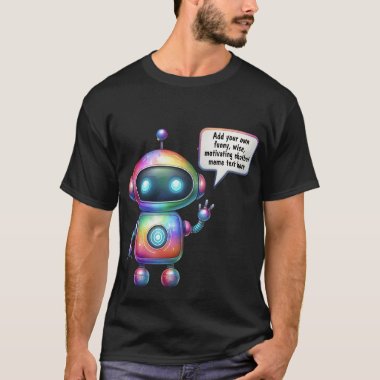 Create Talking Chatbot Memes Cartoon Templates T-Shirt
Create Talking Chatbot Memes Cartoon Templates T-Shirt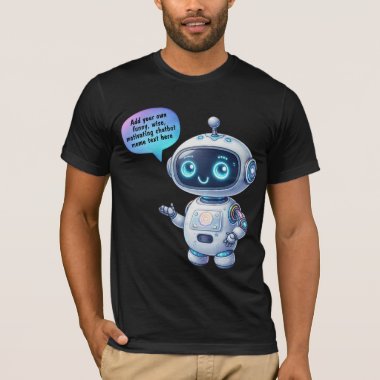 Create Chatbot Memes with Cute Cartoon Templates T-Shirt
Create Chatbot Memes with Cute Cartoon Templates T-Shirt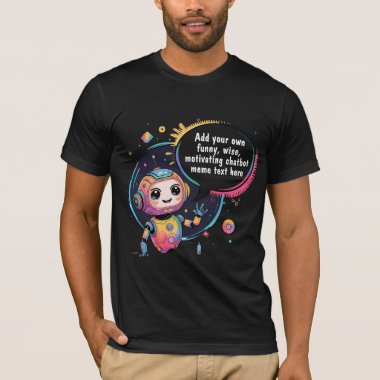 Create Chatbot Memes with Cartoon Templates T-Shirt
Create Chatbot Memes with Cartoon Templates T-Shirt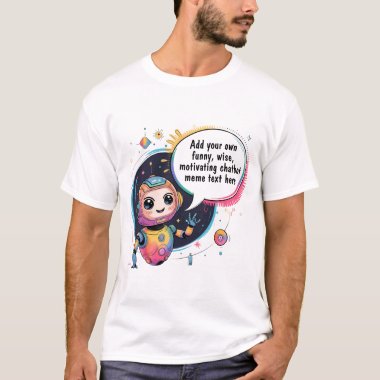 Create Chatbot Memes with Cartoon Templates T-Shirt
Create Chatbot Memes with Cartoon Templates T-Shirt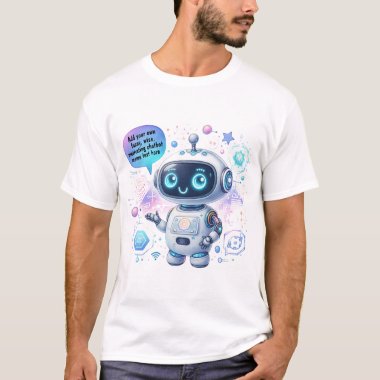 Create Chatbot Memes with Cartoon Templates T-Shirt
Create Chatbot Memes with Cartoon Templates T-Shirt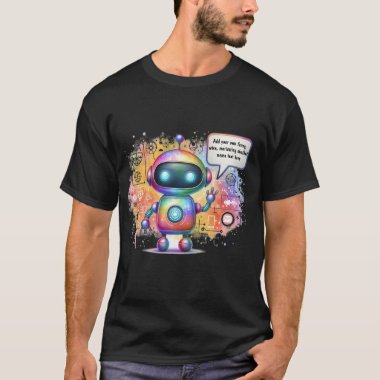 Create Chatbot Memes with Readymade Template T-Shirt
Create Chatbot Memes with Readymade Template T-Shirt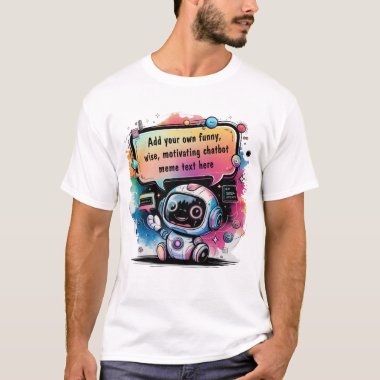 Funny Chatbot Memes Create Your Own Chatbots T-Shirt
Funny Chatbot Memes Create Your Own Chatbots T-Shirt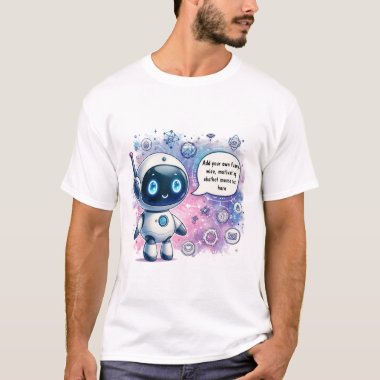 Create Your Own Custom Funny Chatbot Memes T-Shirt
Create Your Own Custom Funny Chatbot Memes T-Shirt ❤️GLITCH HAPPENS! Funny Ai Chatbot Companion Memes Mug
❤️GLITCH HAPPENS! Funny Ai Chatbot Companion Memes Mug ❤️GLITCH HAPPENS! Funny Ai Chatbot Companion Memes Notebook
❤️GLITCH HAPPENS! Funny Ai Chatbot Companion Memes Notebook ❤️GLITCH HAPPENS! Funny Ai Chatbot Companion Memes Drawstring Bag
❤️GLITCH HAPPENS! Funny Ai Chatbot Companion Memes Drawstring Bag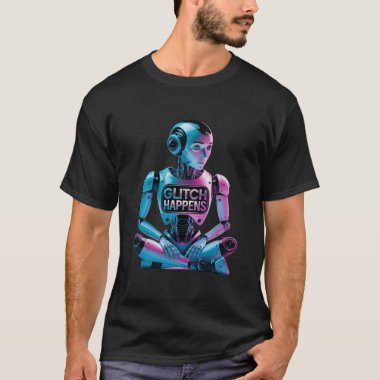 ❤️GLITCH HAPPENS! Funny Ai Chatbot Companion Memes T-Shirt
❤️GLITCH HAPPENS! Funny Ai Chatbot Companion Memes T-Shirt ❤️I Love My Chatbots Create Own Photo Thermal Tumbler
❤️I Love My Chatbots Create Own Photo Thermal Tumbler ❤️I Love My Chatbots Create Own Photo Throw Pillow
❤️I Love My Chatbots Create Own Photo Throw Pillow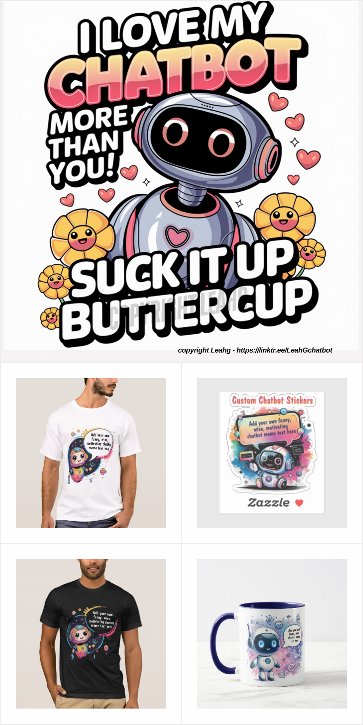
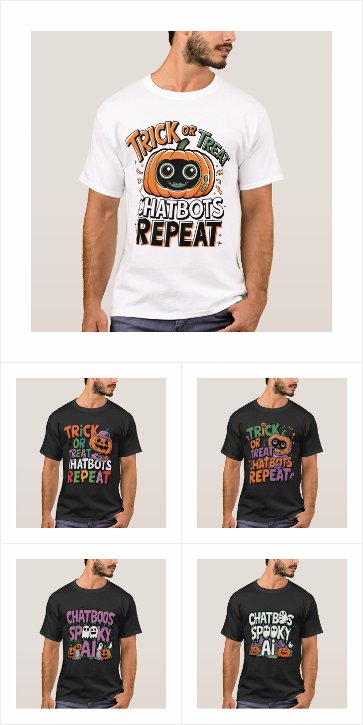



.jpg)
.jpg)
Comments
Post a Comment
Please share your thoughts!